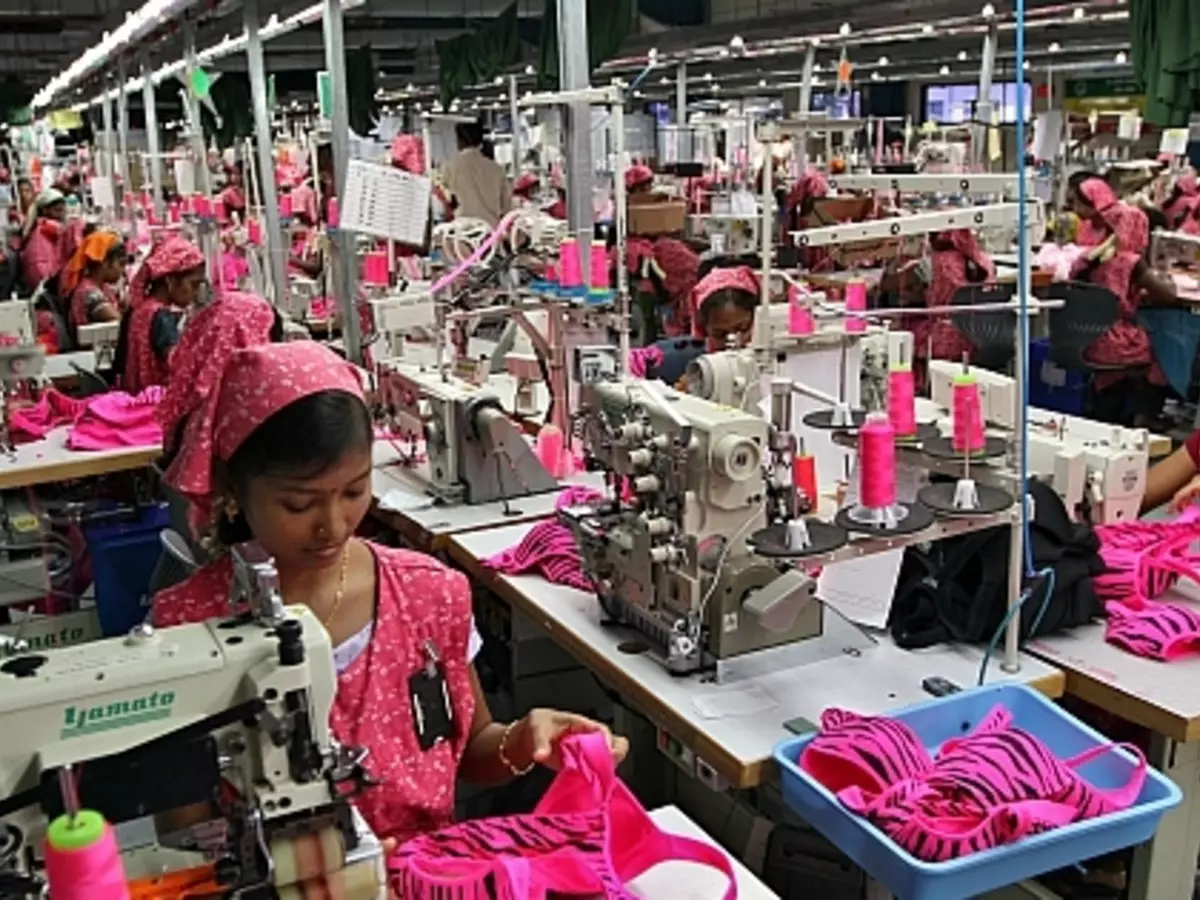Mumbai Factories Might Soon Allow Women Employees To Work Night Shifts
The state government is all set to officially allow industries and even factories to depute woman employees in night shifts&mdashbetween 6 pm and 7 am. All employees to work in extended or additional shifts to make more money Amending the Factories Act of 1948.

As a part of its Make-in-Maharashtra initiative, the state government is all set to officially allow industries and even factories to depute woman employees in night shifts¡ªbetween 6 pm and 7 am, and all employees to work in extended or additional shifts to make more money.
Amending the Factories Act of 1948

wbur
A copy of the Bill, which is an amendment in the Factories Act 1948, in this regard was released by the government on Monday, which is soon likely to be tabled for approval in the state assembly. The Times of India had reported in May the state cabinet's decision to amend the Factories Act, paving the way for women to work at night.
Cheap power, women power

reuters
Following the amendments, factories with up to 20 workers will be able to operate even at night to maximize production by using cheaper electricity¡ªpower costs less at night than during peak hours. The Bill stressed that adequate safety measures¡ªsuch as safe transport facilities for women¡ªbe in place before factories switch over to such practices.
The Bill also proposes to enable workers to be eligible for paid leave after working for 90 days in a year instead of 240 days or more. Further, they do not need to take the management's permission for overtime, the limit for which in three months will be increased to 115 hours from 75.
"Increased use of technology and new innovations in the manufacturing sector has necessitated the changes regarding the safety and health of the workforce. To meet the rising need for increasing employment in the manufacturing, industry and capital goods sectors and to ensure ease of doing business for investors, the amendments aim at ensuring maximum benefits to workers, besides industrial and economic growth," said a state official.
Equal Opportunities
The increase in the number of work hours for women will not only provide them equal opportunities, but also more employment opportunities. The Bill proposes proper monitoring of these establishments to ensure all safety precautions are in place, and leave and work hour benefits are passed on legitimately, without exploitation. "The chief inspector of factories will have powers to monitor the establishments and in case of breach of law, penal action would be taken," said a source.
(Originally published in the Times of India)
